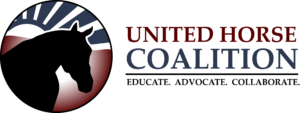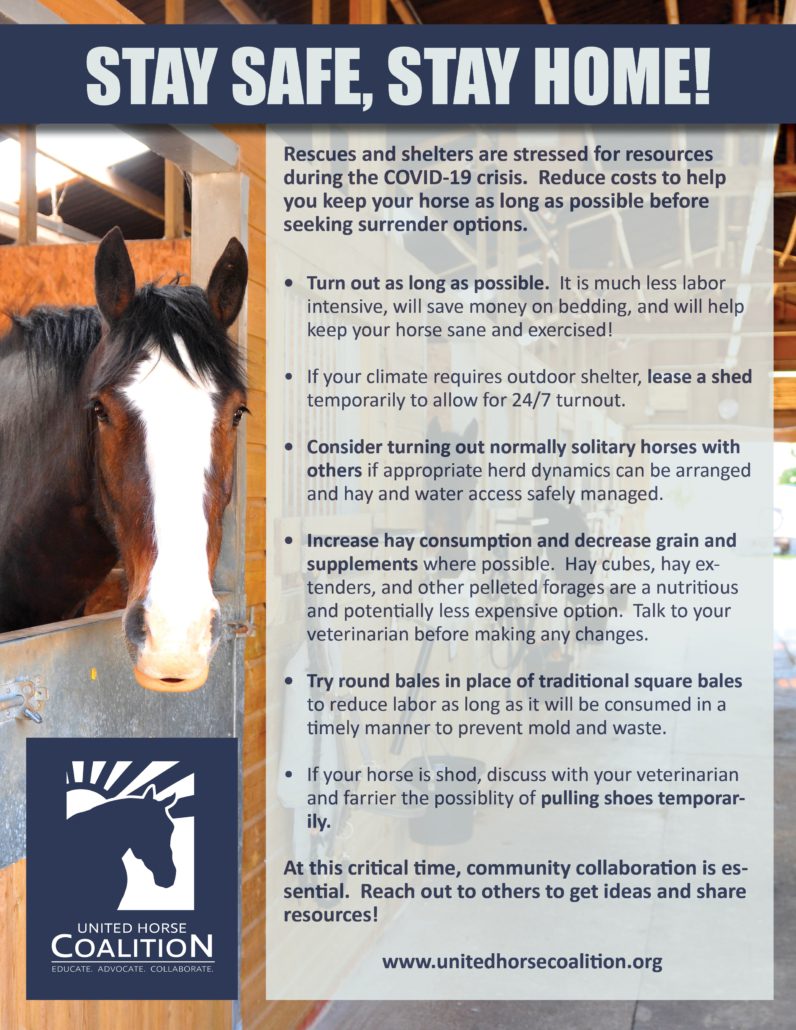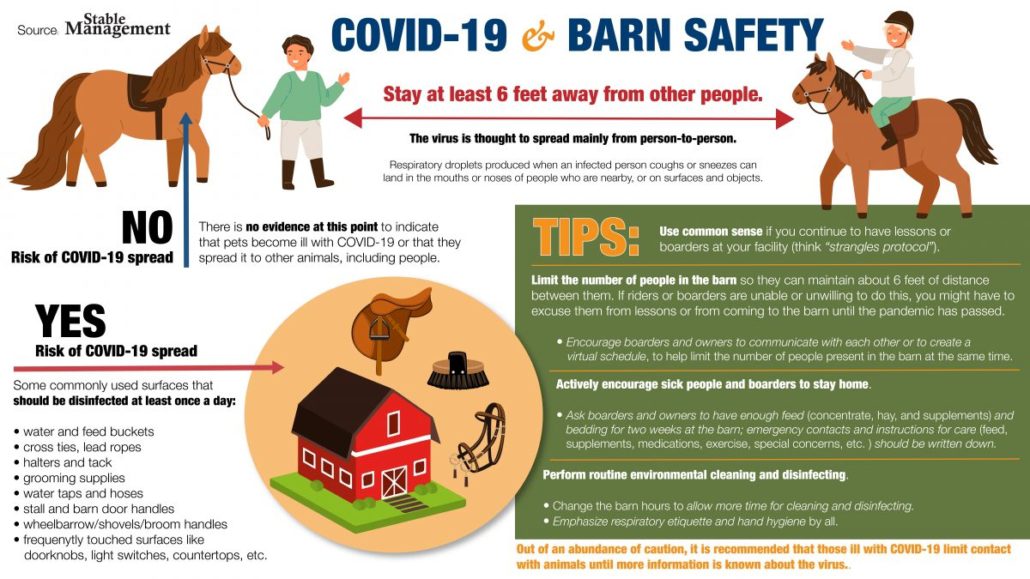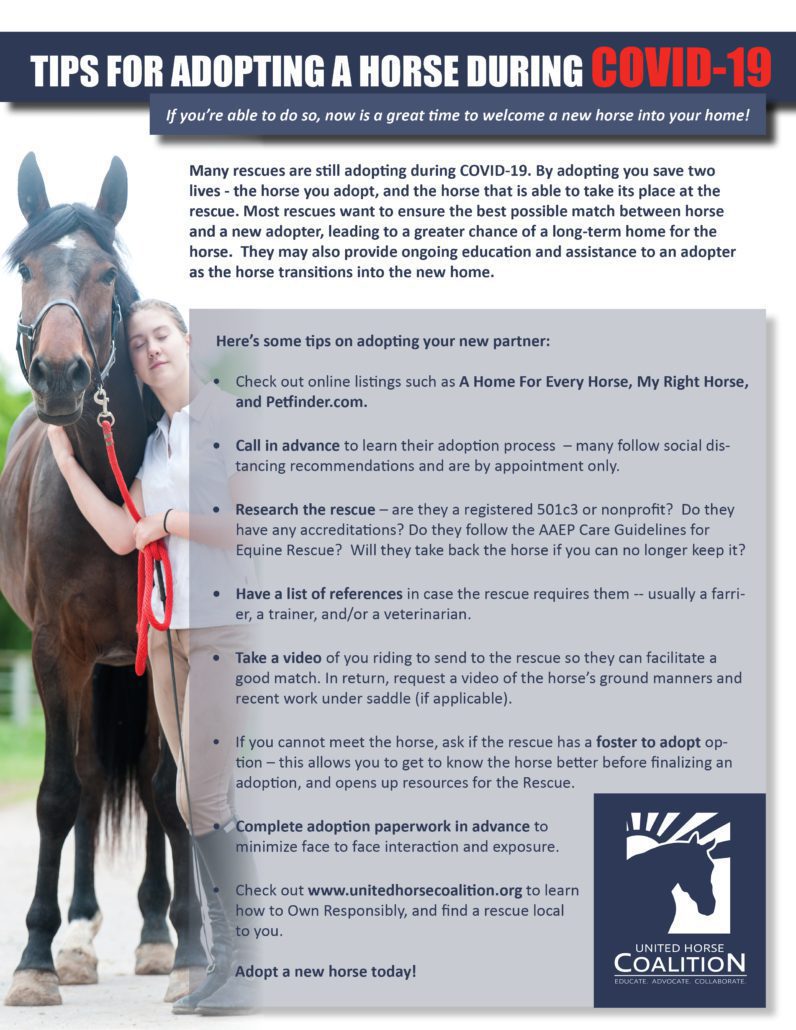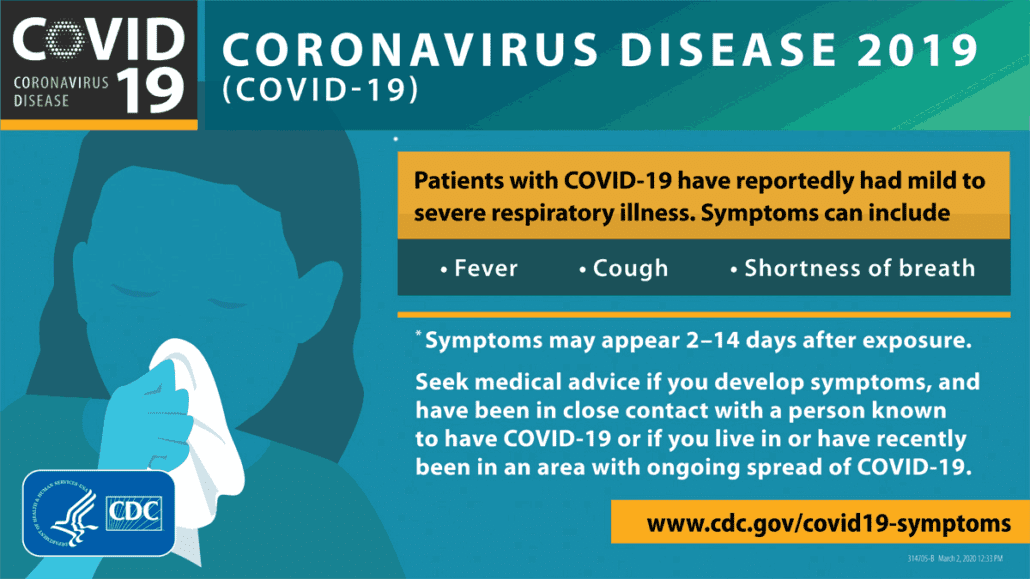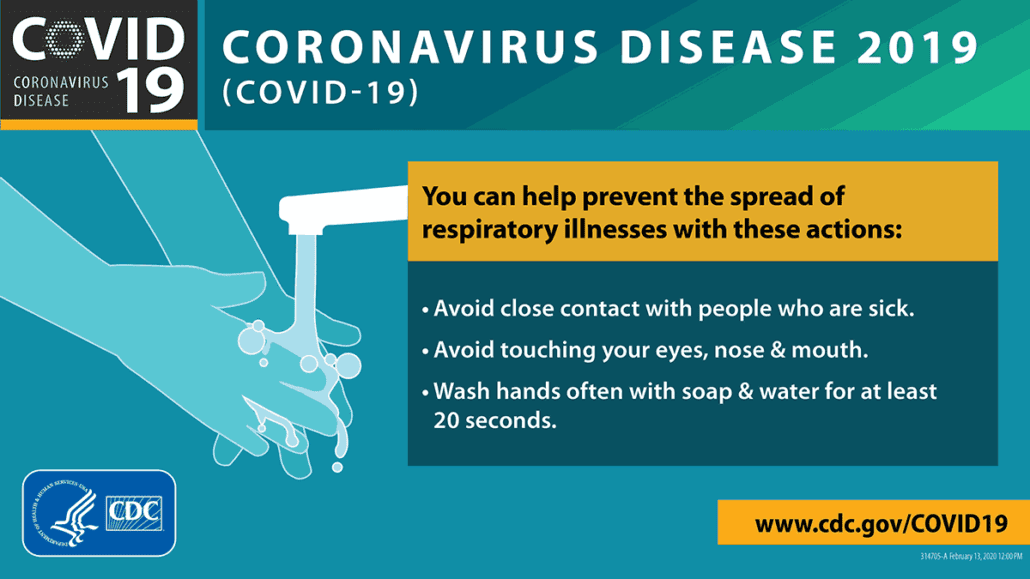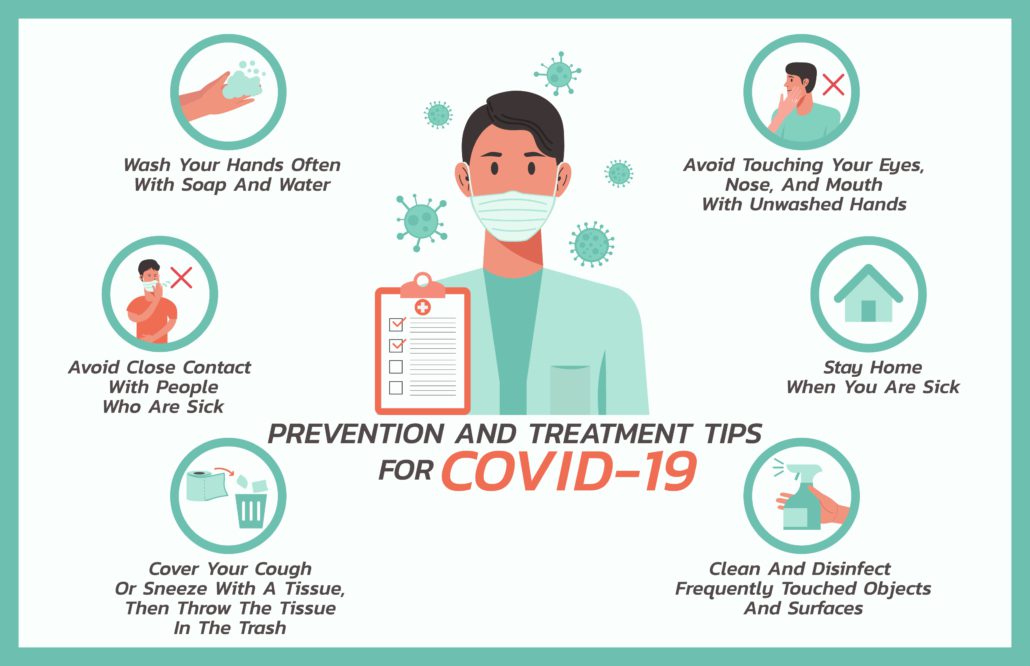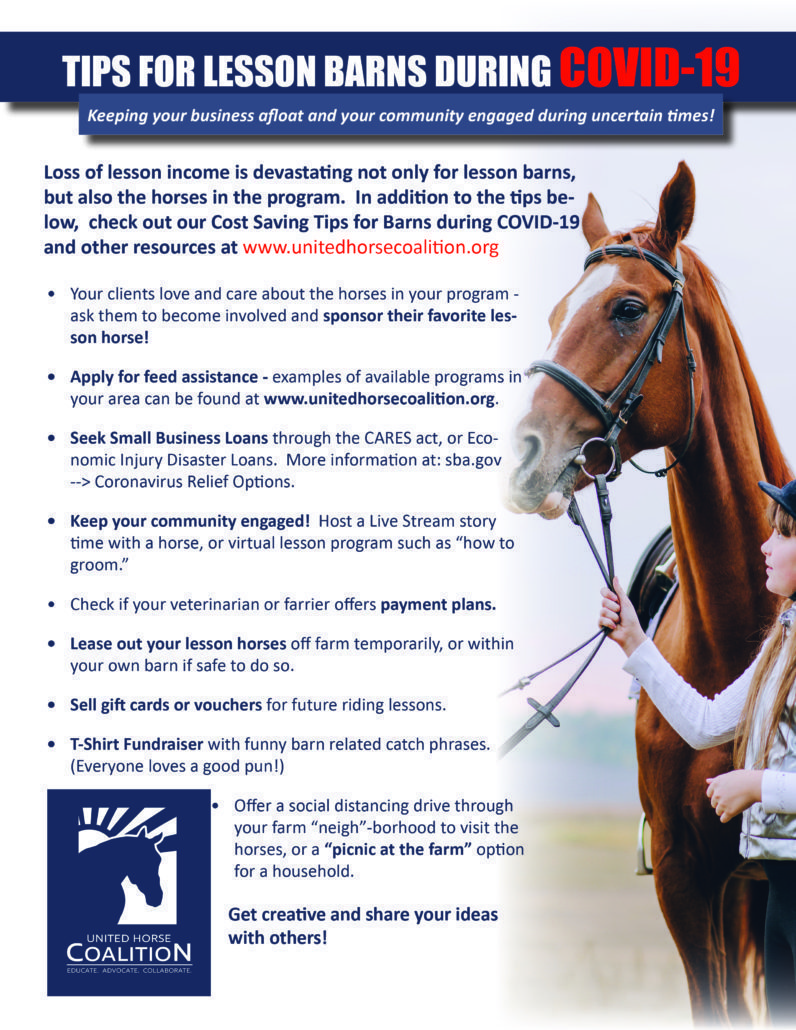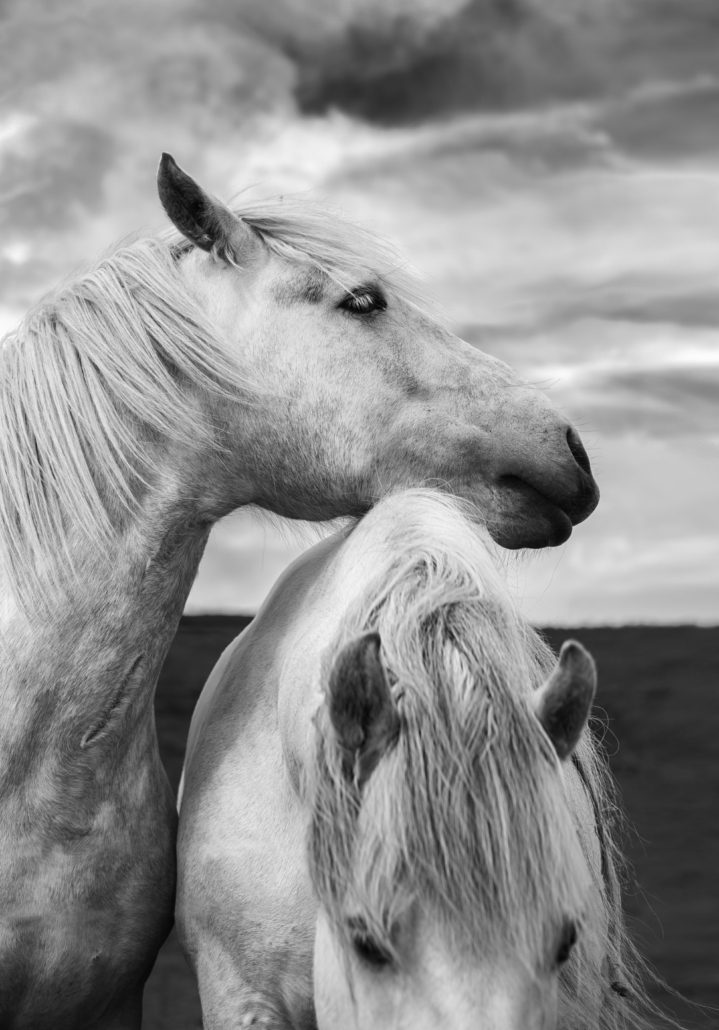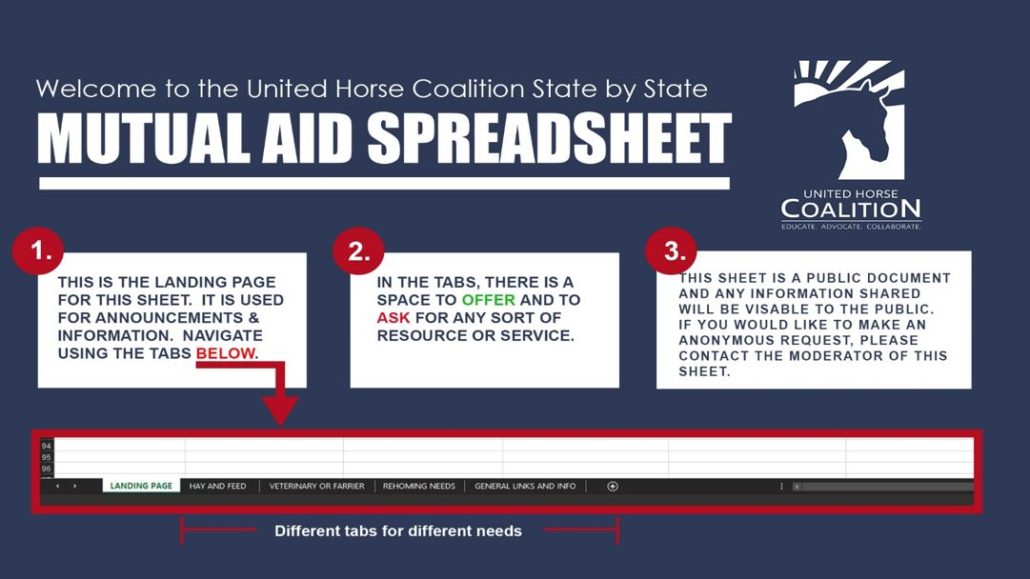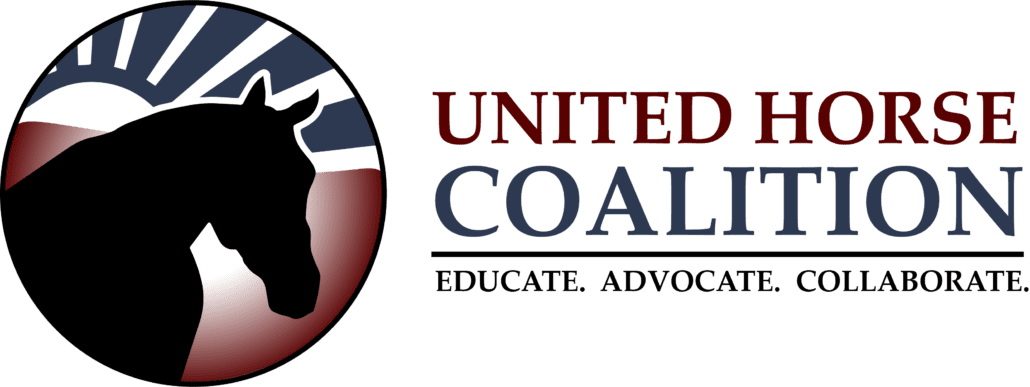CORONAVIRUS RESOURCES FOR HORSE OWNERS
Please note, resources will be added daily as they become available. Check this page frequently for ongoing updates.
GENERAL INFORMATION ON COVID-19/CORONAVIRUS
(AS IT PERTAINS TO HUMANS)
Coronavirus Disease 2019 (coronavirus.gov)
Center for Disease Control and Prevention COVID -19 (cdc.gov)
COVID-19 CDC Youtube Informational Videos (CDC Youtube Official)
The Coronavirus Explained & What You Should Do (Video)
(AS IT PERTAINS TO EQUINES)
Coronavirus Resources – Equine Disease Communication Center
Equine Coronavirus and Covid-19: No evidence of horse-human spread (Horsetalk.co.nz)
Equine Coronavirus vs. COVID-19: Two Distinctly Different Diseases (Palm Beach Equine Clinic)
Can Your Animals Get Coronavirus? (UCDAVIS)
Coronavirus Updates (UCDAVIS)
Are your horses ready for you to be quarantined? (thehorse.com)
COVID-19 and Best Practices for Your Equestrian Activities (eventingnation.com)
SAFETY NET PROGRAMS FOR OWNERS
If you are in need of safety net programs for your horse (such as feed or veterinary assistance), click here to be directed to the UHC Resources available for horses at-risk or in transition.
Horse Owner Help During COVID-19 (Horse.com)
BIOSECURITY AND DISINFECTION PROTOCOLS
Preventing the Spread of COVID-19 in Equestrian Facilities (aaep.org)
Environmental Cleaning and Disinfection Recommendations (cdc.gov)
Interim Guidance for Businesses and Employers (cdc.gov)
Bio-security Basics (PATH International)
Emergency Planning (PATH International)
FINANCIAL RELIEF OPTIONS
WEBINAR – Covid-19 Financial Assistance Options for Horse Owners and Horse Businesses (horses.extension.org)
Tax Day now July 15 (irs.gov)
Donations to The Jockey Club Safety Net Foundation to go to COVID-19 Relief
Tightening the Belt: Tips for Cutting Expenses (Certified Horsemanship Association)
PLANNING
COVID-19: Caring for your horse during a pandemic (Ontario Animal Health Network)
KEEPING BUSY AT HOME
FREE WEBINAR – Equestrian Trail Design and Best Practices from Backcountry to Urban Edge Settings (americantrails.org)
Online horse related learning games for children (www.allpony.com)
Activities for your Horse Loving Kids! (Arabian Horse Association)
National Park Service Temporarily Suspends Park Entrance Fees (nps.gov)
USEF Network (USEF)
EVENT CANCELLATIONS
Up to date Equestrian Event Cancellations (HorseNation.com)
COVID-19 Equestrian Event Cancellations (TheHorse.com)
IOC Member says 2020 Tokyo Olympics postponed (usatoday.com)
PRCA Event Status (prorodeo.com)
CORONAVIRUS RESOURCES FOR NON-PROFITS
Please note, resources will be added daily as they become available. Check this page frequently for ongoing updates.
INFORMATION SPECIFIC TO NON-PROFITS AND CORONAVIRUS
Non-Profits and Coronavirus: State by State Resources (National Council of Non-Profits)
What Nonprofits Need to Know About COVID-19 (Oklahoma Center for Non-Profits)
Fundraising in the Time of Coronavirus: How to Manage and Modify Your Fundraising (CharityHowTo.com)
State Non-Profit Organizations Provide Valuable Resources (PATH International)
BIOSECURITY AND DISINFECTION PROTOCOLS
Preventing the Spread of COVID-19 in Equestrian Facilities (aaep.org)
Environmental Cleaning and Disinfection Recommendations (cdc.gov)
Interim Guidance for Businesses and Employers (cdc.gov)
Bio-security Basics (PATH International)
Emergency Planning (PATH International)
FINANCIAL RESOURCES
GRANTS (SPECIFIC TO NON-PROFITS):
After the Finish Line (Thoroughbred Breed Specific, monthly basis.)
American Horse Rescue Network (Rolling basis.)
American Humane (Rolling basis.)
ASPCA COVID-19 Emergency Relief Request for Proposals (aspcapro.org)
Banfield Foundation (Gap year rule currently suspended.)
Brook USA COVID-19 Response & Recovery Fund (Brook USA)
California Retirement Management Account (State of CA restricted, Thoroughbred Breed-specific)
Doris Day Animal Foundation (LOI deadlines: Jan 31, April 30, July 31, Oct 31)
Equine Protection Fund (New Mexico Restricted, Rolling basis.)
EQUUS Foundation (2021 dates TBD)
Gus Hawthrone Foundation (opens January 1st)
Kenneth A Scott Charitable Trust (OH and Great Lakes Region restricted)
Kirkpatrick Foundation (Central OK restricted, rolling basis.)
Miccio Foundation (State of Iowa restricted, May – Nov 1st. )
Thelma Doelger Trust for Animals (State of CA Restricted, rolling basis)
Thoroughbred Charities of America (2021 dates TBD)
MISC:
*CARES Act – Assistance for Small Businesses and eligible non-profit organizations (US Department of the Treasury)
WEBINAR – Covid – 19 Financial Assistance Options for Horse Owners and Horse Businesses (horses.extension.org)
WEBINAR – Navigating the CARES Act and how nonprofits can apply for assistance (independentsector.org)
Non-Profits Eligible for Federal SBA Loans (thenonprofittimes.com)
Community Foundations Nationwide Launch Coronavirus Relief Efforts to Local Nonprofits (communityfoundations.com)
Tightening the Belt: Tips for Cutting Expenses (Certified Horsemanship Association)
PLANNING
COVID-19: Caring for your horse during a pandemic (Ontario Animal Health Network)
Dealing with Viruses and Other Disruptions (Society for Non Profits)
WEBINAR – Surviving the Meltdown without Having One (Society for Non Profits)
RESOURCES ON HOW TO CONTINUE ADOPTIONS
How to conduct virtual equine adoptions. (aspcapro.org)
RESOURCES ON FUNDRAISING
Creative Fundraising Ideas (Maddiesfund.org)
COVID-Digital Fundraising Resources (GivingTreeAssociates.com)
Recession-Ready Fundraising (Society for Non-Profits)
WEBINAR – Fundraising in Uncertain Times (Society for Non-Profits)
CORONAVIRUS RESOURCES FOR EQUINE BUSINESSES
Please note, resources will be added daily as they become available. Check this page frequently for ongoing updates.
*If you are looking for information that is State Specific, please check the “State Specific Information” Tab above.*
RESOURCES AVAILABLE
*CARES Act – Assistance for Small Businesses and eligible non-profit organizations (US Department of the Treasury)
GRANT – 2020 Horsemen’s Emergency Relief Grant Process & Application
Equestrian Aid Foundation (Disaster Relief Fund to assist equestrian professionals and industry service providers)
WEBINAR – Covid-19 Financial Assistance Options for Horse Owners and Horse Businesses (horses.extension.org)
SBA Disaster Assistance in Response to the Coronavirus (US Small Business Administration)
Small Business Administration and Disaster Relief Loans (inc.com)
Small Business Guidance & Loan Resources (US Small Business Administration)
Three Step Process: Disaster Loans (US Small Business Administration)
Go Fund Me Small Business Relief Fund (Gofundme.com)
Tightening the Belt: Tips for Cutting Expenses (Certified Horsemanship Association)
RECOMMENDATIONS ON BARN CLOSURES
*Please check with your state gov site for details pertaining to barn closures and procedures as each state has different up to date recommendations. If the information has been made aware to us, we have included it in our “State Specific” information tab above.
ALTERNATIVE IDEAS FOR KEEPING YOUR BUSINESS GOING
Thinking Outside the Box: A Look Into Virtual Horse Shows (Karly Morgan, UPHA Young Professional GenNext)
PLANNING
Information Regarding Agricultural Visas and COVID-19 (Farmers.gov)
Interim Guidance for Businesses and Employers (cdc.gov)
COVID-19: Caring for your horse during a pandemic (Ontario Animal Health Network)
Tips for Equine Businesses During COVID-19 (Stablemanagement.com)
Coronavirus: 3-Fold Planning Process for Horse Professionals (EquineProfessional.com)
Are your horses ready for you to be quarantined? (thehorse.com)
APHIS COVID-19 Frequently Asked Questions (usda.gov)
BIOSECURITY AND DISINFECTING PROTOCOLS
Preventing the Spread of COVID-19 in Equestrian Facilities (aaep.org)
Environmental Cleaning and Disinfection Recommendations (cdc.gov)
Interim Guidance for Businesses and Employers (cdc.gov)
Bio-security Basics (PATH International)
Emergency Planning (PATH International)
TRANSPORTATION INFORMATION
CORONAVIRUS RESOURCES FOR EQUINE INDUSTRY EMPLOYEES
Please note, resources will be added daily as they become available. Check this page frequently for ongoing updates.
NATIONAL RESOURCES
General Information on Coronavirus/COVID-19
Coronavirus Disease 2019 (coronavirus.gov)
Center for Disease Control and Prevention COVID -19 (cdc.gov)
COVID-19 CDC Youtube Informational Videos (CDC Youtube Official)
Funding and Unemployment Options
For more information on funding and unemployment by state, please see the listing to the right.
Donations to The Jockey Club Safety Net Foundation to go to COVID-19 Relief
GRANT – 2020 Horsemen’s Emergency Relief Grant Process & Application
Equestrian Aid Foundation (Disaster Relief Fund to assist equestrian professionals and industry service providers)
WEBINAR – Covid-19 Financial Assistance Options for Horse Owners and Horse Businesses (horses.extension.org)
Transportation FAQ
Resources pertaining to Essential vs Non-Essential Qualifications
STATE SPECIFIC RESOURCES:
KENTUCKY
State Specific Covid Information
Blue Grass Farms Charities -Helping Farm Workers During COVID19 (Blue Grass Farms Charities)
MASSACHUSETTS
NEW HAMPSHIRE
NORTH CAROLINA
OREGON
State Specific Covid Information
15 Days to Slow the Coronavirus 19 Spread (Oregon State Senator)
SOUTH CAROLINA
WEST VIRGINIA
STATE SPECIFIC RESOURCES FOR CORONAVIRUS
Please note, this page is no longer being updated.
STATE SPECIFIC RESOURCES:
If you are in need of safety net programs for your horse (such as feed or veterinary assistance), click the button below to be directed to the UHC Resources available for horses at-risk or in transition.
CALIFORNIA
State Specific Covid Information
EQUINE BUSINESSES:
COVID-19 Resources for Equestrian Facilities in California (California Department of Food & Agriculture)
Non-Profit Grants:
California Retirement Management Account (State of CA restricted, Thoroughbred Breed-specific)
Thelma Doelger Trust for Animals (State of CA Restricted, rolling basis)
CONNECTICUT
State Specific Covid Information
COVID-19 Guidance for Horseback Riding Schools Stables and Boarding Stables
HARTFORD, CT – In addition to implementing the Stay Home, Stay Safe protocols effective on March 23, 2020 at 8:00 p.m. through April 22, 2020; Governor Lamont’s Executive Order 7H required the Department of Economic and Community Development to provide a guidance document to determine essential businesses.
The Essential Businesses or Nonprofits designated in the guidance are not subject to the in-person restriction set forth in Executive Order 7H. Item 7 Services Including contained: “Animal shelters or animal care or management, including boarding, grooming, pet walking and pet sitting” as an essential business.
The Connecticut Department of Agriculture (DoAg), working in concert with the Connecticut Farm Bureau and the Connecticut Horse Council, recognizes that this is a challenging time for all – both equine boarding facilities and horse owners alike. It is our intent to ensure the health and welfare of animals is met, while mitigating the risk to the people engaged in those tasks. It is prudent for all of us to use common sense as we navigate the COVID-19 crisis. Every equine facility is unique with various capacities, services, and capabilities in providing the care essential to the wellbeing and health of the horses entrusted in their care.
Stables providing full-board services that meet all of the horses’ needs may set their own policies about restricting access by owners seeking to visit or ride horses. The Department supports limitations imposed by stable owners. Specific concerns regarding care should be addressed between the horse owner and stable owner/manager.
All stables should set up a schedule of access times to ensure that there are no more than five (5) people at the barn at one time. It is imperative that the principles of social distancing, proper disinfecting, and sanitary practices are maintained. Stables are free to enact additional measures and controls as needed to ensure the safety of all.
This guidance document cannot cover every single scenario. The following information is meant to clarify what equine activities may continue and which should be discontinued at this time.
Essential Equine Care
- Providing food, water, proper handling, health care (veterinary and farrier services), and proper housing
- Turnout and exercise necessary to an individual horse
Not Essential Equine Care
- Riding lessons/programs/camps
- Club/organization meetings
- Visits to an equine facility by anyone other than an essential equine caregiver
Recommended Practices
- Maintain the recommended social distancing protocols that include six (6) feet of separation between individuals
- Limit gatherings to fewer than five (5) people
- Ensure proper handwashing
- Limit access to and disinfect common areas regularly
- Avoid sharing equipment and supplies between people
- Non-porous materials (leather bridles/saddles/halters, nylon halters/lead ropes, gate latches, door handles, spray nozzle) harbor the virus longer than porous materials (cotton lead ropes, saddle pads)
- Clean communal leather tack daily with tack cleaner
- Disinfect gate latches, spray nozzles, cross tie snaps, pitchforks, wheelbarrows, and other frequently used items regularly or after contact with personnel
- Stall door latches, hose ends, light switches and feed scoops should be cleaned and disinfected frequently
- Sporting events are prohibited
IOWA
State Specific Covid Information
NON-PROFIT GRANTS:
Miccio Foundation (State of Iowa restricted, May – Nov 1st. )
KENTUCKY
State Specific Covid Information
Blue Grass Farms Charities -Helping Farm Workers During COVID19 (Blue Grass Farms Charities)
MASSACHUSETTS
MINNESOTA
State Specific Covid Information
Caring for your horses during Minnesota’s “stay-at-home” order and COVID-10 Restrictions (extension.umn.edu)
Minnesota Horse Welfare Coalition (Assists horse owners experiencing hardships.)
Minnesota Horse Council (Has both temporary Emergency Feed Aid, and Disaster Relief Programs. Contact Dave Fleishchaker 651-402-5512 superflei@yahoo.com for assistance.)
NEW MEXICO
State Specific Covid Information
Non-Profit Grants:
Equine Protection Fund (New Mexico Restricted, Rolling basis.)
NORTH CAROLINA
State Specific Covid Information
North Carolina Horse Council Safety Net Program/Grants
EQUINE SAFETY NET PROGRAM
The Equine Safety Net was established to assist those caring horse owners who have temporary financial setbacks (such as a job loss, disaster or medical incident within the past 6 months) and are having difficulties feeding and caring for their horses.
Due to the COVID-19 Pandemic, the North Carolina Horse Council is expanding this grant program to not only provide hay and feed but also to help cover Boarding costs, Veterinary costs and other necessities to maintain the health of our horses. These are small grants of $150 dollars per month and are renewable for a second month. We are also excepting COVID-19 as a reason for seeking the assistance. Grants will be reviewed every Friday and paid out on Monday of the following week.
The North Carolina Horse Council, in consultation with the North Carolina State Veterinarian, provides the following guidance regarding equine boarding, stabling, and/or training of horses:
Included in the umbrella of animal agriculture workers/animal production operations are those facilities and individuals associated with the boarding, stabling and/or training of horses throughout North Carolina. Horses are traditionally and legally considered livestock in the United States and in North Carolina and as such, require the active engagement of caretakers/owners to ensure their health, safety and well-being. In many circumstances, the care and oversight required of horses is more demanding than is the case for animal agriculture production livestock.
Given those requirements, equine boarding, stabling, and/or training facilities are rightly characterized as essential business activities. As an essential business, these facilities could remain operational so long as the facility implements and adheres to public health guidance that includes maintaining/practicing social distancing and limits number of individuals in the facility at any given time. Additionally, all tools, tack and equipment handled by individuals is to be adequately cleansed/disinfected and frequent hand washing must occur. Insuring compliance of the individual borders will be the responsibility of the facility owner/operator/trainer.
The offering of group riding activities for the public or other such retail businesses are not considered essential business activities and should be discontinued.
The decision to remain operational is the responsibility of each barn owner/operator/trainer.
OHIO
State Specific Covid Information
Non-Profit Grants:
Kenneth A Scott Charitable Trust (OH and Great Lakes Region restricted, December 15th, 2020 deadline)
OKLAHOMA
State Specific Covid Information
NON-PROFIT GRANTS:
Kirkpatrick Foundation (Central OK restricted, rolling basis.)
OREGON
State Specific Covid Information
15 Days to Slow the Coronavirus 19 Spread (Oregon State Senator)
SOUTH CAROLINA
WEST VIRGINIA
The United Horse Coalition has created a Mutual Aid Spreadsheet to be utilized by State or Regional Organizations as a tool to help with the management of requests for assistance, and the listing of resources available to fulfill those requests on a local level. This tool is free and can be modified or edited to best suit each organization. Please reach out to uhc@horsecouncil.org with any questions. Click here or on the graphic to access the document and save a copy.
